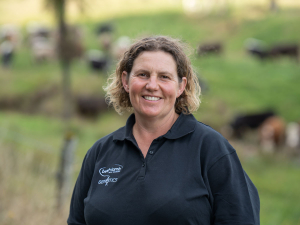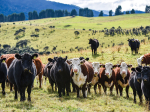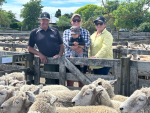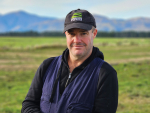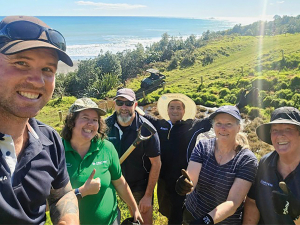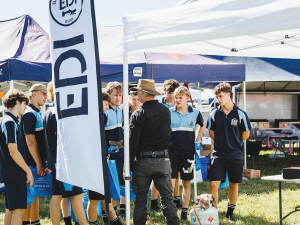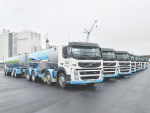Another 16 commercial beef farmers have been selected to take part in the Informing New Zealand Beef (INZB) programme designed to help drive the uptake of genetics in the industry.
The seven-year INZB partnership, supported by Beef + Lamb New Zealand, the New Zealand Meat Board and the Ministry for Primary Industries’ Sustainable Food and Fibre Futures fund, aims to boost the sector’s profits by $460m over the next 25 years.
Focused on increasing the use of high-quality genetics in the beef industry, the four main components of the programme are developing New Zealand-specific breeding indexes, building an across breed genetic evaluation and data infrastructure, running a beef progeny test and linking in data from commercial herds.
Sonya Shaw, project lead, commercial herds, for the INZB programme says the 16 farmers come from across the country join 21 farmers already in the programme and are supporting the programme’s mission to give breeders and farmers genetic tools to help produce great tasting beef and drive production efficiency.
“The INZB programme is helping commercial farmers understand the value of better genetics and offer them the opportunity to easily select the right genetics for their system to drive greater profitability on their farms,” Shaw says.
“We need commercial farmers involved in the programme because they contribute to the accuracy of breeding values of stud bulls available to commercial farmers,” she explains.
“Being part of the programme also allows for more accurate heifer selection in herds which will have a lasting impact on the commercial herds progress towards their own goals.”
The 16 new commercial farmers from Manawatu-Whanganui, Canterbury, Hawke’s Bay, Southland, Otago, Waikato and Taranaki bring the total number of farmers involved in the programme to 37.
“We had a great deal of interest in joining the programme this year and we look forward to inviting more farmers to take part next year,” Shaw says.
The INZB programme aims to onboard at least 10 commercial farmers with a passion for genetics each year. Those selected adopt a recording schedule across the year and can also, if they wish, carry out genotyping of their cow herd and, on an annual basis, calves and sires.





